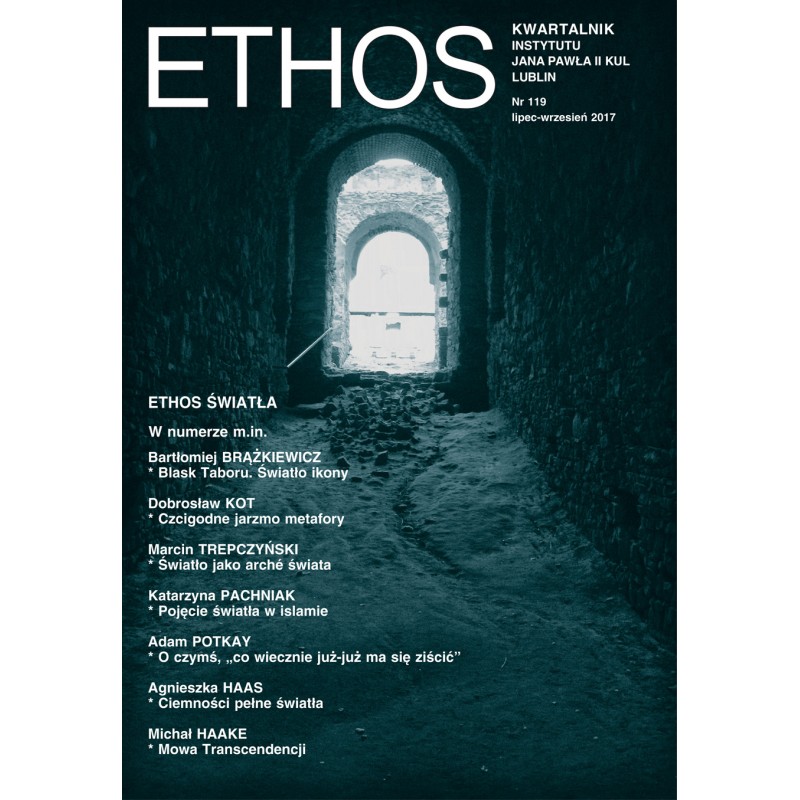



Apparently there is no metaphor more firmly established in philosophy than that of light which denotes truth, cognition, and meaning. In Plato, light is the bond that yokes together visibility and the faculty of sight. A hermeneutic analysis of the metaphor of ‘yoke’ engenders numerous issues, and the most important among them, as well as the most disturbing, is whether all we know and intuit about truth (or about our cognition, the idea of the Good, etc.) results from our knowledge of these important concepts, or rather it is a consequence of a thorough and detailed analysis of the metaphor of light itself. In other words, how much do we know about truth as such, and how much of this knowledge is our insight into the workings of light? Or is it rather the case that the tension between truth and light, the tension within the ‘yoke’ Plato refers to, does not prove as radical or aporetic as the initial alternative would suggest? Regardless of how we answer this question, it is indubitably worthwhile examining what the metaphor of light introduces into our understanding of truth, since an analysis of the metaphor in question may bring out the fundamental cognitive aporias and tensions we experience.
The article analyzes, among others, the transcendent nature of light. Philosophies as diverse as Platonism, transcendental phenomenology, and the philosophy of encounter manifest a uniform approach to the understanding of light and tend to perceive its source outside the visible reality, whether they locate this source in the idea of the Good, in the transcendental ego or in Buber’s ‘Thou,’ thus considering each of them, respectively, a source of meaning. Heidegger’s considerations of the truth (aletheia) make the author confront another problem, namely, that of light obscuring darkness. However, does the issue in question concern the nature of the dark (e.g. evil) as such, or rather, does it manifest merely a language game valid within the scope of the metaphor of light? All these ideas prompt the conclusion about an irreplaceable status of the metaphor of light in philosophical thinking.
Translated by Dorota Chabrajska